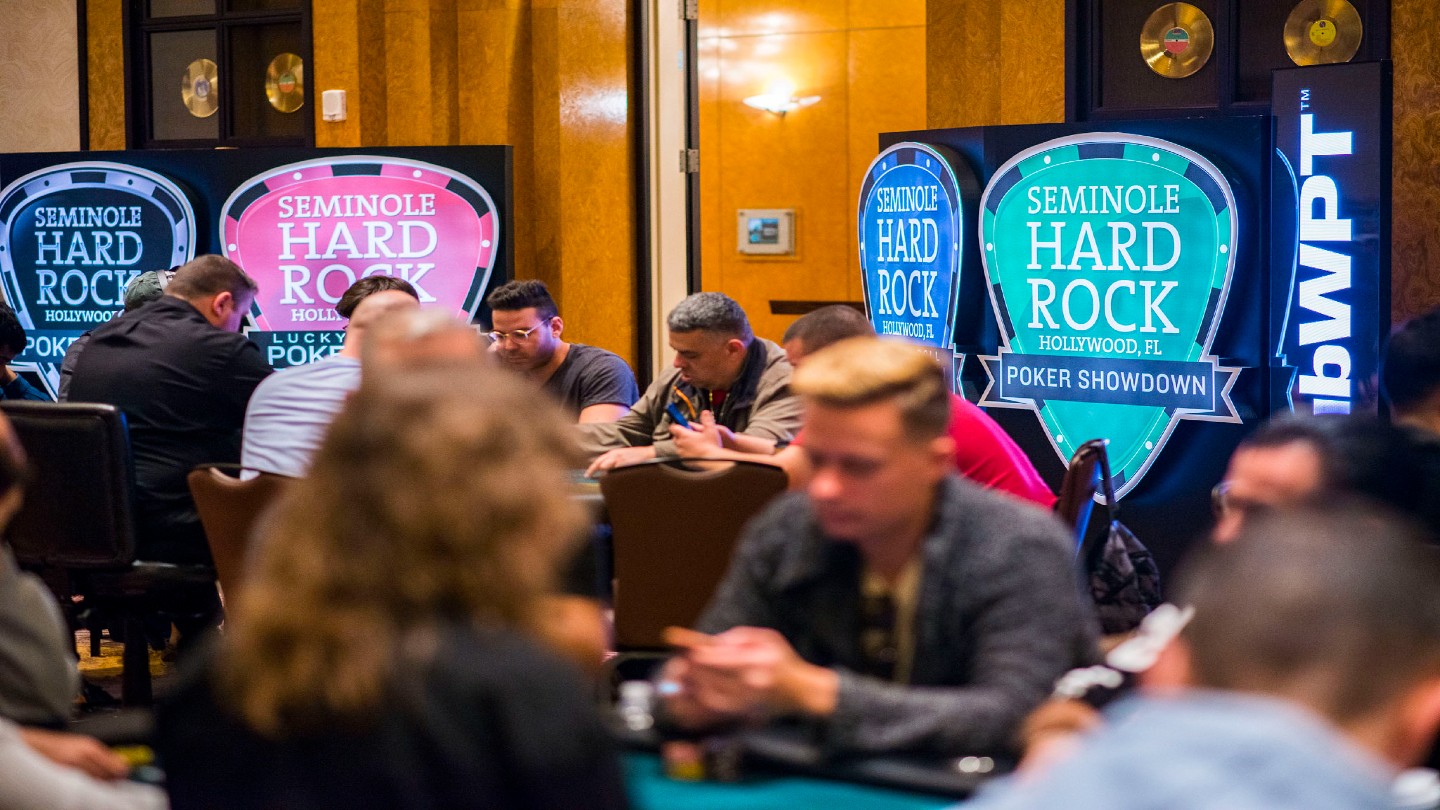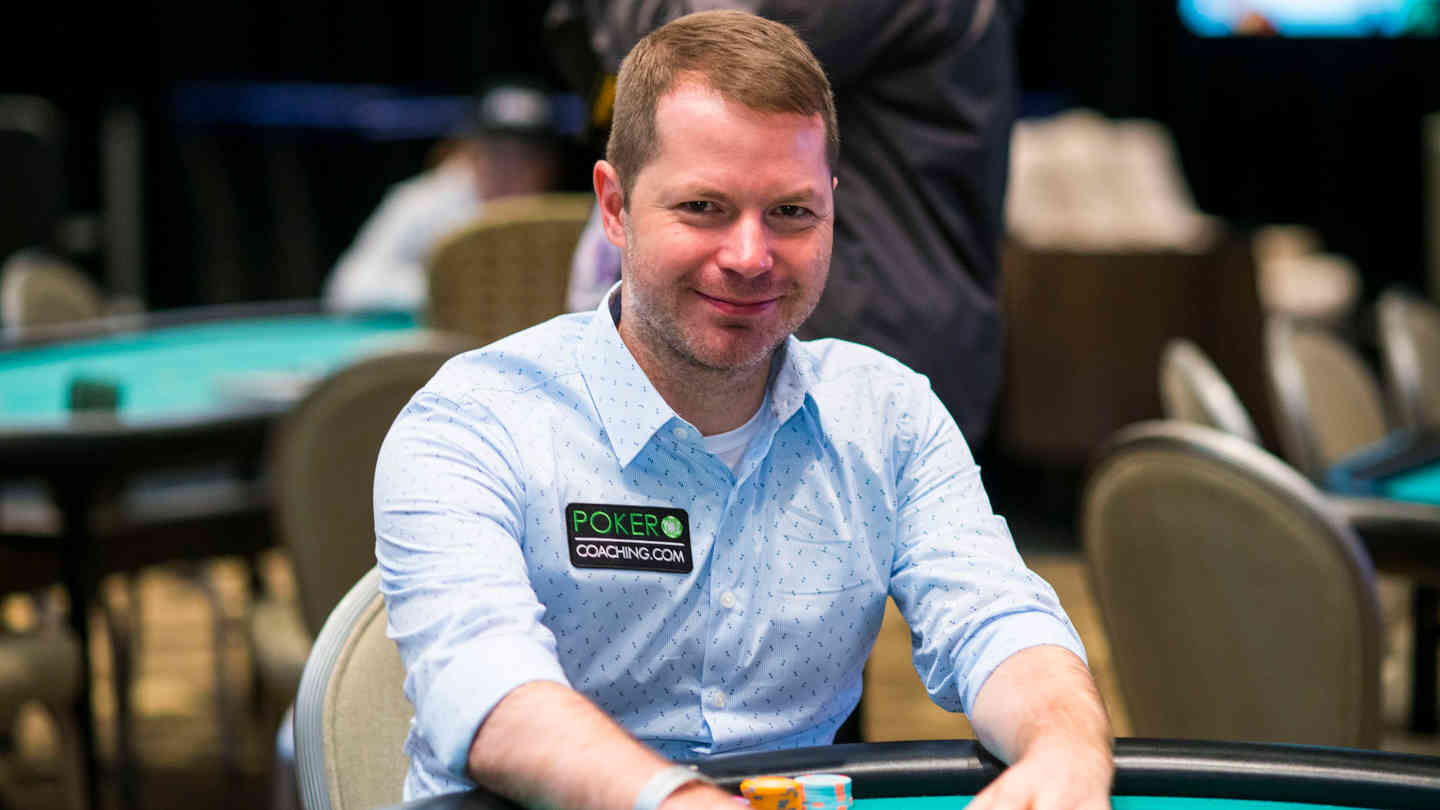Playing Poker for a Living in 2024 – Is It Still Worth It?

13 minutes
Last Updated: March 19, 2024
Playing Poker for a Living in 2024 – Is It Still Worth It?
Images from Pixabay
It is no secret that many people around the globe play poker for a living and enjoy all the benefits that this game has to offer. Some have been doing it for years or even decades, and being a professional player no longer has the kind of stigma attached to it like twenty or thirty years ago.
Society has mostly agreed that you can actually make a decent living playing poker.
The idea of being able to cover all of your bills, live a good life, and even save some money on the side playing a game you love has a certain appeal. However, as with many things in life, playing poker for a living in 2020 isn’t all that easy.
If you think you’ll be able to read a couple of poker books and then load a bit of money onto your online poker account to start raking in the cash, think again. While this was possible ten years ago, to succeed in today’s games, you need to study and take it very seriously.
Where To Start If You Want To Make A Living Playing Poker
If you’re seriously thinking about playing poker for a living, there is absolutely nothing wrong with that.
The lifestyle certainly has its good and bad sides, but I do think that the positives outweigh the negatives.
However, do not fool yourself into thinking that is is going to be a smooth ride.
If you like to watch poker on TV or YouTube, it may all seem really easy. Those top pros winning and losing six and seven-figure pots without batting an eye are certainly a sight to behold. But that’s the destination, and the actual journey to that destination is a long and difficult one.
The first thing you need to understand if you want to play poker for a living in 2020 is that skill requirement is very high. The poker boom is now well behind us, and you don’t have as many recreational players running around looking to part with their hard-earned money.
Most people you’ll encounter at the tables, especially online and at stakes that matter, have a pretty good idea about how to play poker.
Assessing Your Skills
So the first thing you need to do is to honestly asses your skills, and that’s a pretty big challenge.
First of all, it is much easier to believe you’re a good player who just needs to be a bit luckier. If you’re entertaining the idea of playing poker for a living, you probably have a decent opinion of your game.
However, this is a big decision to make, and you need more than just a conviction. The best way to go about it is to look at it from an impartial perspective, focusing on things such as results.
If you’ve been playing poker for a while, you should have some idea of your overall results. For online players, this is easier to do as you might use poker software to see your win rate or keep track of tournament results using Sharkscope.
So, the first question you need to answer yourself is: are you a winning player?
If your results show an overall loss or just a breakeven stretch, you’re probably not ready to start playing poker for a living.
The simple truth is that your results won’t magically change just because you’ve decided you’re a pro, and if you make this your primary (or only) source of income, things can get rough really quickly.
Brush Up Your Poker Knowledge
Even if your results aren’t quite adequate to turn to poker full time, this doesn’t mean you have to give up on the idea. It just means that the transition process will take longer and that you’re approaching this matter with all the seriousness it deserves.
If you’re looking into playing poker for a living in 2020, the odds are you love the game and believe this would make you happy or secure a good future.
So, while you may not go straight to the execution of your plan, you can start working towards it as early as today.
There are many excellent poker coaching programs available today, and although most of them do require a subscription, consider it an investment in your future.
It will be much easier to learn new things and recognize mistakes in your game if you have access to a structured and quality training program.
The good news is, you don’t have to spend countless hours studying to be able to make the transition. Building up solid fundamentals and adopting some advanced strategies will be enough to make you a winner in lower stakes games and many online MTTs.
Traits of a Professional Poker Player
Playing poker for a living isn’t just about learning strategies and math behind the game. This is, of course, a crucial component, and you won’t be able to get far without it, but there is much more to being a successful poker player.
First of all, you need to have real determination for your goal and a lot of patience. No matter how good you are in the technical department, playing poker comes with its ups and downs.
Stretches of bad variance happen to everyone, and every single player makes many mistakes in any given session. That’s just how it is.
Once you turn to poker full time, you have to give it your best every time you play and control your mindset. That means leaving all the emotional burden on the side when you sit down at the table and focusing on that particular session.
This can be very hard to do during those periods when luck just isn’t treating you right. However, you can’t afford to take a –EV line just because you’ve been running bad lately.
Your job is to bring you’re A-game every time you sit down to play and concentrate on decision making, not factors that are outside of your control.
Excellent Bankroll Management
If you want to play poker for a living, you’ll have to spend quite a bit of time planning your poker bankroll.
While someone who only plays for fun can afford to jump into whatever game they feel like, a professional needs to be careful with their bankroll.
Poker is one of your main tools, and if you severely damage it due to taking uncalculated risks, you can damage your entire future as a professional player.
I would suggest staying on the conservative side when you’re just starting. If you’re going to grind online tournaments, try to have at least 100 average buy-ins on you at all times. For cash games, try to have at least 50 buy-ins, and as you move up the stakes, try to go for even more.
There are two reasons you want to have enough buy-ins when playing:
- It will save you from going bust in the event of a terrible run
- Having plenty of buy-ins behind will help you perform better
The first reason is quite obvious. If you lose all of your money, you won’t be able to play anymore. If you can’t play, you can’t make money, and then you won’t be able to cover your bills.
That’s what it means to play poker for a living – you pretty much pay for everything from your winnings.

As for the second reason, it’s just a matter of psychology. Most people won’t be able to play as well if they know that they only have five buy-ins left in their bankroll.
You might start making bad decisions just because you don’t feel comfortable risking the last of your money, and that’s not the position you want to be in.
Proper game selection
Game selection is one of the most critical skills for any poker player, but even more so if you want to play poker professionally. I love the saying that illustrates this concept:
Even if you are the 10th best player in the world, but continue to play against nine that are better than you, you will end up losing in the end.
The good news is that this is a skill that is very easy to get; you just have to practice a bit and do not let your ego get in the way.
- Always look for games full of recreational players
- Try not to have “sharks” on your immediate left
- Look for passive players who are continually limping
- Multiway pots is also a good sign of a weak competition
Generally speaking, the better the games are, the bigger your win rate will be, and this will surely help you progress with pursuing your dream of playing poker professionally.
Also, if you are playing online, make sure to get a great rake back deal and poker first deposit bonus, to take advantage of added value in this setting.
Hope for the best but prepare for the worst
Even if all things seem to indicate you’re ready to play poker for a living in 2020, I’d suggest you prepare for the worst before making that huge step.
You should have at least a few months’ worth of expenses stashed away.
This will help you control your emotions when running poorly since you will be able to rely on those funds when needed.
The first few months can be a real struggle, and you don’t need the additional pressure of absolutely having to make a profit during that period. With some extra money in the bank, you can survive a bad stretch or two without it having a substantial negative effect on the quality of your life.
Choose Your Battleground: Live vs. Online Poker
One of the essential decisions about playing poker for a living is what you want to be your game of choice.
You’ll probably want to stick to the poker format that you have the most experience and the best results in, but there are other things to consider.
The first and most significant decision is whether you want to play live or online.
Online poker will inevitably require more effort on your part since the average player is much tougher compared to live games. This is especially true if you want to compete at any reasonable stakes like NL200+ or play tournaments over the buy-in of $50.
However, it also has plenty of advantages letting you have more freedom, play several games at the same time, and progress as a player much faster.
Live poker, on the other hand, is way softer. You’ll still encounter many recreational players at $1/$2 and $2/$5, and even the regulars tend not to be very good.
So, in terms of skill, beating live games at comparable stakes is way easier, but it all depends on where you live and how you structure your life around poker.
Playing live poker for a living: cash games
If you decided to play poker for a living, how much you make from the game will have a crucial impact on your overall life quality.
People often have a warped idea of how much professional players earn, so I’ll try to put things into perspective.
- Live cash games: 10 – 15 big blinds an hour is doable on lower stakes for a good player
- Online cash: 2 – 5 big blinds per 100 hands at NL100+
So, in live cash games, you will be winning more per hand dealt, but you have to play a single table.
Online, you can play as many as you like, from one to like 15+. Obviously, it depends on how good you are and how much you can handle, but the potential seems much bigger online, so you can stick to these games if you already have some experience.
However, if you just want to start playing poker for a living in 2020 and you’d never done it before, I’d suggest doing it at the live tables.
With a bit of help from training programs such as Jonathan Little coaching, you can quickly become a decent winner and earn a very tidy profit playing something like NL500.

Also, if you want to play seriously, you’ll want to move away from the lowest stakes games as early as possible. Even if NL500 games are somewhat tougher than NL200, the impact of the poker rake at the lowest stakes is usually quite significant, and it will take a bit part of your profits.
Playing online poker for a living: tournaments
If you have your mind set on playing online, I’d suggest you focus on MTTs. The reason for this is that these big-field tournaments still attract many recreational players, so there is an edge to be had.
The best MTT grinders manage to pull the ROI of around 30% playing on an average buy-in of $100.
Even if you can’t get to that number, making 20% per tournament is decent enough, but you’ll need to put in a good volume every week.
MTTs are very time consuming and don’t provide as much freedom as cash games, so that’s another thing to consider.
Pros & Cons of Playing Poker for a Living

To wrap up this article, let’s briefly delve into some pros and cons of being a professional poker player. In addition to the money you can make playing the game, there are some other positive aspects of choosing this career path, such as:
- Having more freedom to schedule your working hours
- No boss over your head
- Earning potential is capped only by your skill and the time you’re willing to spend playing and studying the game
- You can take days off and plan your vacations without any restrictions
All of these points sound very appealing, and they’re the reason why so many people decided to pursue poker as a career. It’s an excellent way to get out of the rat race and build a decent life for yourself on your own terms.
However, there are some downsides, as well:
- You need a decent capital to start playing professionally
- No perks that come with a traditional job (insurance, paid sick days and vacations)
- No fixed short-term income you can count on (due to variance)
- Having to deal with big swings and emotions that come with them
- It can be very draining and emotionally taxing
So, playing poker for a living isn’t just about going to a casino or firing up your computer and piling up the cash.
All the swings that come with this lifestyle and the fact that you can always fall behind the curve can make things stressful.
It’s not like many other traditional jobs where you can rest assured your spot is safe. You’re never safe at a poker table because there is always someone gunning for your chips, and you can never stop learning and improving if you want to maintain your win rate.
Should You Play Poker for a Living in 2024?
Despite everything written in this article, you’re the only one who can make the final decision.
If you have a passion for the game and are ready to seriously work to achieve what you want, poker can be a very rewarding career.
Hopefully, you can use some ideas from this article to make that decision a bit easier, but do not rush to make any conclusions.
Take some time to think about it, go over all the points mentioned before, study some strategy tips, and be honest with yourself.
If you still think you have what it takes and aren’t afraid of change, all I can say is best of luck on your journey and see you at the felt!




















